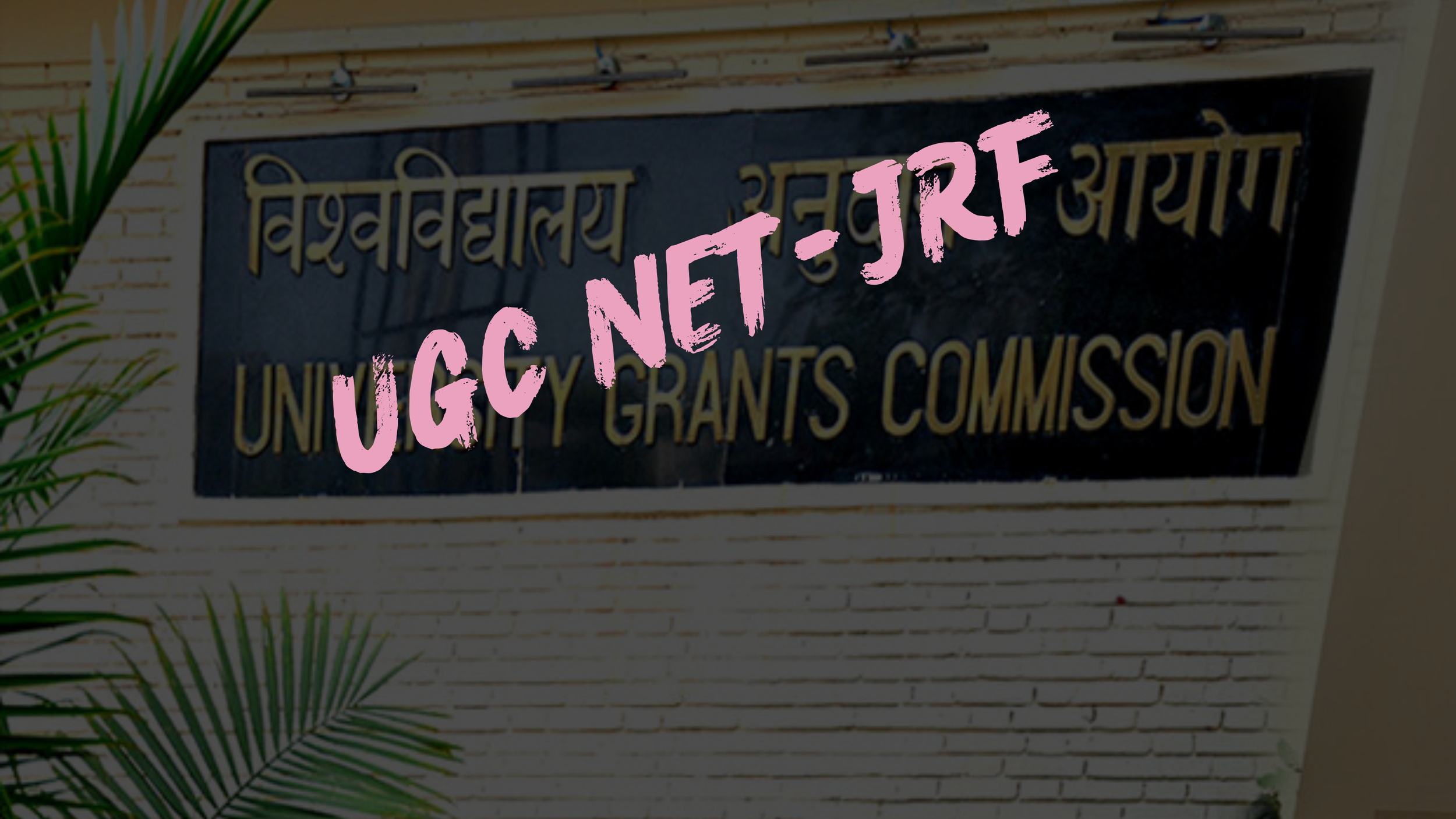
-
The National Eligibility Test (NET) in Economics is conducted to determine eligibility for research and teaching positions in India. The examination consists of two papers, both of which are objective in nature and conducted in a single session. Both Paper I and Paper II are compulsory. Merit is prepared on the combined performance in both papers.
Overview
Total Questions: 150
Total Marks: 300
Duration: 3 hours (no sectional timing)
Mode: Computer-Based Test (CBT)
Negative Marking: None (as per current guidelines)
Paper I – General Aptitude (50 Questions, 100 Marks)
This paper is designed to test a candidate’s teaching and research aptitude. It evaluates reasoning ability, comprehension, divergent thinking, and general awareness.
Major areas include:
Logical Reasoning
Teaching Aptitude and Teaching Styles
Research Aptitude
Communication
Information & Communication Technology (ICT)
Data Interpretation
Reading Comprehension
People, Development, and Environment
Higher Education System
Paper II – Economics (100 Questions, 200 Marks)
This paper assesses the subject knowledge in Economics. It is based on the official UGC NET Economics syllabus and covers 10 major units:
Micro Economics
Macro Economics
Mathematical Economics
Statistics
Econometrics
Public Economics
Development Economics
International Economics
Indian Economy
Growth and Environment
Eligibility Categories
Based on performance in the examination, candidates are classified into the following categories:
Junior Research Fellowship (JRF):
Highest qualification level.
Eligible for research fellowships and Assistant Professor roles.
Assistant Professor:
Eligible to teach in universities/colleges.
Ph.D. Eligibility:
Meeting NET qualification is often required for admission into doctoral programs in Economics.
-
Significance of UGC NET
Eligibility for Teaching: Qualifies you for Assistant Professor posts in universities and colleges all over India.
State-Level Advantage: Accepted by all State Public Service Commissions for faculty recruitment.
National Benchmark: A rigorous, standardized exam that validates expertise across micro, macro, econometrics, public finance, development, and international economics.
Career Foundation: Strengthens concepts, aiding success in exams like RBI, IES, GATE Economics, and PhD entrances.
Significance of JRF (Junior Research Fellowship)
Funded Research: Provides monthly stipend and contingency support for doctoral work.
PhD Advantage: JRF holders get priority in admissions to top universities and research institutions.
Research Independence: Financial backing enables focus on research publications.
Competitive Edge: Marks you as a top performer, opening doors in academia, research, and policy think tanks.
-
Preparing for the UGC NET–JRF exam is not just about memorizing facts; it’s about building conceptual depth, analytical clarity, and exam instinct.
At EcoNiti, we go beyond coverage to cultivate understanding.Here’s what makes our approach different:
Concepts First, Always: Every topic is taught from first principles, using past year questions as the foundation to explain how theory meets application.
Live + Recorded Sessions: Weekly YouTube classes that combine real-time learning with the convenience of recorded access - perfect for working aspirants or students balancing academics.
Structured Resources: Topic-wise PYQ sets, detailed explanations, and targeted practice tests ensure every concept is revised through questions that actually matter.
Mentorship That Guides, Not Overwhelms: Each student receives 3 one-on-one sessions with EcoNiti mentors - for strategy, doubt resolution, and mindset alignment before the exam.
Tech-Enabled Convenience: Learn, practice, and track your progress seamlessly on the EcoNiti Course Portal - accessible through web, Android, and iOS apps.
Community & Support: Join a space that values progress over pressure. Our mentors and peers keep you motivated, consistent, and exam-ready.
-
Starts: November 10, 2025
Duration: ~7 weeks
Mode: OnlineKey Features
PYQ-Based Learning: Conceptual discussion of past year questions across all 10 sections: Micro, Macro, Money and Banking, Public Economics, Development, International, Environmental, Mathematics, Econometrics, and Indian Economy.
Weekly Live Sessions: Classes every week (available free on YouTube) to strengthen understanding and exam instinct.
Topic-Wise Practice Sets: Curated question banks for each topic within each of the 10 sections to reinforce conceptual application.
Sectional & Full-Length Mock Tests:
Timed tests replicating the actual exam pattern, with answer keys and section wise analysis.Mentorship Support: Three one-on-one sessions with NET-qualified mentors for strategy, doubt-solving, and exam guidance.
Smart Learning Portal: Access all classes, tests, and progress tracking through the EcoNiti Portal - available on web, Android, and iOS.
